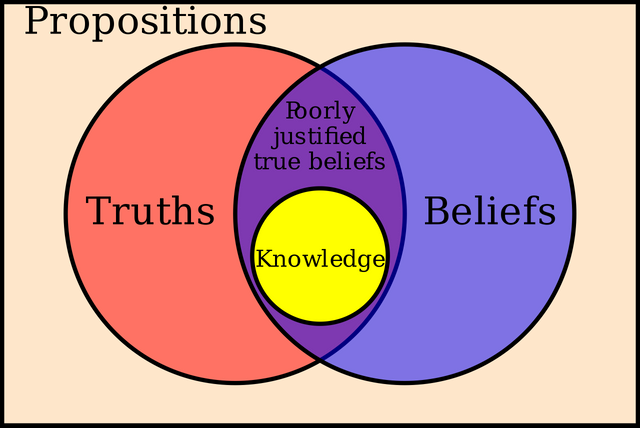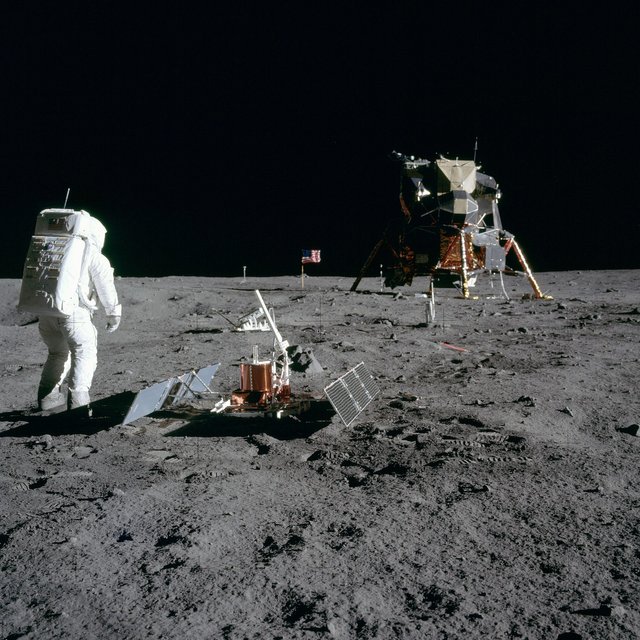A sceptical, "idealistic" epistemology

What does it mean to "know" something??
You may think this is a somewhat superfluous question and even downright stupid. But if you have not "studied" philosophy or only scratched the surface, you would be surprised how much thinking and writing has been done on trying to "catch" this elusive beast.
I am very fond of philosophy and I have spent very much time on thinking about all the traditional aspects of philosophy. Consciousness, metaphysics, knowledge (epistemology), science, logic etc. etc. But what I always seem to end up converging towards is, what does it mean to know something.
Some years back I would consider myself a dualistic naturalist, in the traditional empiricist way that has a mind and something that "exist" outside the mind. It was not until about two years ago I realised that I have absolutely no way of knowing, what is outside my mind (or consciousness) and even to know if there is anything outside my mind.
I realised that whenever I claim to have any "knowledge" about the outside, it would always be based on some mental experience in my mind, which is on the inside. But how can I then know about the outside if I have never had any other experience than those on the inside ???

Then I asked myself. So how do I even know that there is an outside and an inside, if I only experience the inside??
I don't... was the natural answer.
But when I experience perception, it always shows me something that is outside, so if I needed to distinguish between those two, I would have to establish an axiom that says
"I will decide that there is something outside my mind, which the consciousness is based on",
though I can never know it. A way to highlight this is that before you philosophize about knowledge, you have to establish the metaphysics - but establishing an "outside" is metaphysics and thus not yet knowledge (epistemology) so I cannot know anything about it (since it is metaphysics).
But still. Even if there is something outside, I only have my experience of it, not access to the things themselves. This is clearly described by consciousness that has a path of sense data arriving in the mind, derived from "vibrations" in the outside. But whatever these "signals" are, they are not the things they have "vibrated" from. So whatever I perceive/recognise is not "the things in themselves" (to paraphrase Immanuel Kant).
What I am left with is - how ds these representations in my mind work and how do I sort out which of it, is anything like "knowledge" and which are not. There is no reason to be certain (which is in itself an impossible level altogether I would argue) that everything I experience, is directly related to sense data. And further more, when I experience for instance "Elephant", the elephant part of it is not experienced, but only the attributes that "concept" has, colour, smell, feel, sound and taste. All these specific sense data, can be attributes on a long list of different concepts, but still I am conscious of "elephant".
So what is going on? Now it gets a little complicated. I will argue that "elephant" is not perceived but it is a mental "trick" that is a useful thing to serve as an initiator of actions that further survival. The evolution of life seems a valid theory of how life ended up looking and behaving the way it does. So if an organism can "identify" an "external "object" (via a concept) without actually knowing what it is, but still act from the "knowledge" of it in a fashion that furthers its survival, then that concept will evolve in its mind and be selected for survival, in so far as diversions of individual concepts have different "economic" outcomes upon its related action.

The mind "identifies" each concept by its attributes ... the five streams of sensual data (and maybe even internal bodily notions like hunger, I am not sure yet) and at some point these one to five streams of sense, will tricker a concept. This concept-activation cannot be willed, but will appear "automatically" at some point, depending on the composition and "amount" of sense data. Let us say that perfect sense data attribute set of an elephant is 100%, but the concept of elephant might be activated when maybe 40% of these attribute has been experienced. That is why we we sometimes think we see an elephant and then moments later experience the concept is "taken down" when we get more (or less data maybe) that either creates a new concept or demolishes the old one.
About concepts I need to specify that they come in two versions, the impression and the idea (Hume). You can think (idea) of an elephant but it is not the same as experiencing (impression) an elephant. It is a general difference in vivacity and activates different action patterns. Just think of the idea of a tiger compared to the impression of a tiger. The first one will not alarm you, the second one certainly will.
So what I am left with is. Knowledge can only be "elephant" (in this case). If I recognise elephant, I know elephant. If it changes or disappears I either now know the new concept or I don't "know anything" (in the moment, supplied that no other concept is active).
My definition of knowledge is therefore this:
If I have the impression X, I know X
This means that knowledge is only possible in the now, not of the past and not of the future (before that future eventually becomes the now and I have that predicted impression). You may think this is mundane, but it actually has huge ramifications.
For instance
... unless you are in a position to have an impression of complete Earth, you do not know what shape Earth has !!
... unless you yourself is on the Moon or have an impression of an individual walking on the Moon, you don't know if anyone walks on the Moon.
What happened in the past, can not be knowledge as you do not have an impression, so the statement "Neil Armstrong walked on the Moon" can not be knowledge !!! Even "Neil Armstrong walks on the moon" cannot be knowledge unless you have the impression (which means you need to have (direct) sense data of the happenings. That rules out photographs and tv screens (which are not Neil Armstrong).
So knowledge always stems from a subjective state. Any idea of objective knowledge can only be agreed upon in so far as two or more individuals agree upon the same conclusion of a proposition, for instance "that is an elephant" (uttered by one of the individuals (or even a third party)). If two individuals agree on said proposition, they have objective knowledge of "elephant", and more specifically "that elephant that they point to", in the now.
Have a nice day :-)

This post was shared in the Curation Collective Discord community for curators, and upvoted and resteemed by the @c-squared community account after manual review.
@c-squared runs a community witness. Please consider using one of your witness votes on us here
Thank you